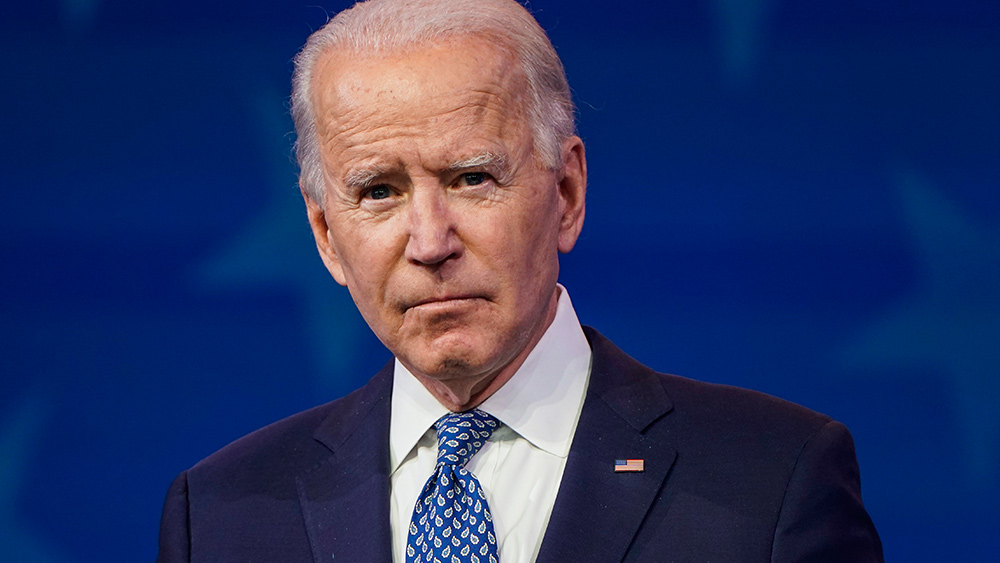President Joe Biden has completed his 13th quarter in office with an
average job approval rating of only 38.7 percent.
According to
Gallup data, none of the last nine presidents elected to their first term had a lower 13th-quarter average approval rating than Biden. The previous record holder for the lowest 13th-quarter average was George H.W. Bush, the 41st president of the United States, who held a 41.8 percent approval rating in 1992.
In comparison, the immediate predecessors of Biden, former President Donald Trump and former President Barack Obama, maintained averages of 46.8 percent and 45.9 percent job approval ratings, respectively, at the same point in their presidencies.
Jimmy Carter, the 39th president of the United States, also had a sub-50 percent approval rating in his 13th quarter. Notably, three out of the four prior presidents who had 13th-quarter approval averages below 50 percent lost their re-election bids, with Obama being the exception.
Among the presidents who were reelected, including Richard Nixon, Ronald Reagan, Bill Clinton and George W. Bush, their 13th-quarter approval ratings ranged between 51 percent and 55 percent. Dwight Eisenhower had the highest average for a president at this stage of his presidency, with 73.2 percent.
Biden's most recent quarterly average ranks 277th out of 314 presidential quarters in
Gallup records dating back to 1945, placing it in the bottom 12 percent of all presidential quarters. (Related:
Biden’s average approval rating of 39.8% is second-lowest for the third year of a first-term president.)
Despite maintaining a slightly higher average during his first two quarters in office, Biden's subsequent readings have hovered near 40 percent. The latest quarterly average for Biden is technically the lowest of his presidency to date, albeit not significantly different from the previous quarter's 39 percent.
Throughout his 13th quarter, various challenges persisted both domestically and internationally. The conflict between Israel and Hamas in Gaza continued, alongside heightened levels of illegal border crossings at the U.S. Southern border. Additionally, a bipartisan immigration reform bill negotiated in the Senate failed to pass, while signs of increasing inflation emerged despite positive macroeconomic indicators, particularly job growth. The stock market, which had seen record highs during the quarter, experienced recent fluctuations.
All this has been clearly
affecting the approval ratings of Biden in different polls.
Biden's approval ratings is consistently dropping over time
In the latest
Gallup poll conducted from April 1 to 22, only
38 percent of Americans approved of the job Biden is doing, showing little change and even a decline from his March (40 percent) and February (38 percent) ratings.
The poll also indicates a four-point increase in approval for Biden's management of the economy since November, attributed to factors like low unemployment, subdued inflation and record stock market values. However, his handling of the immigration crisis has hit a new low of 28 percent. Ratings for the ongoing Israel-Hamas war, foreign affairs, the economy and the situation in Ukraine range from 30 percent to 40 percent.
These consistently low approval ratings extend beyond
Gallup polls.
 Parler
Parler Gab
Gab










